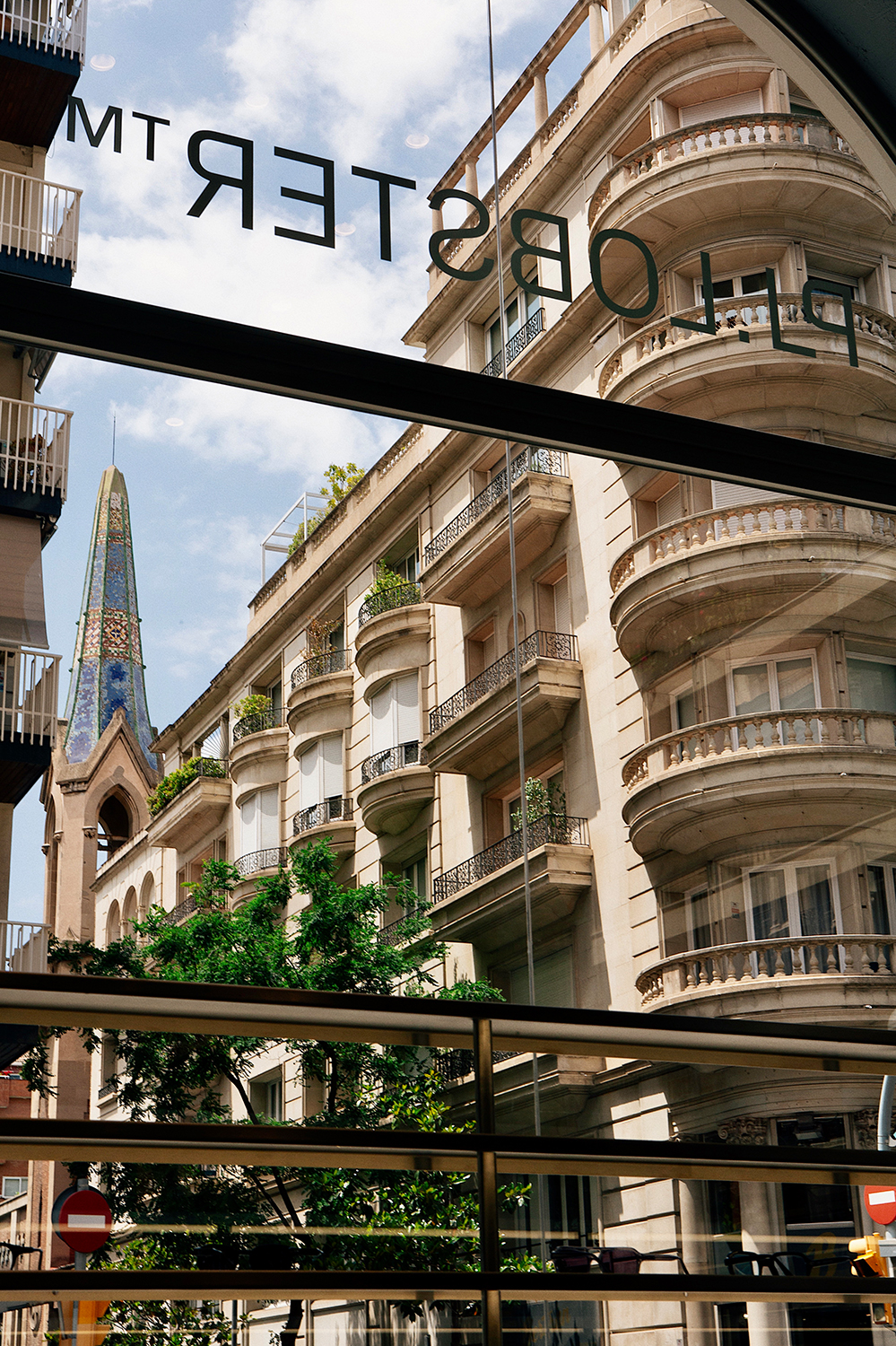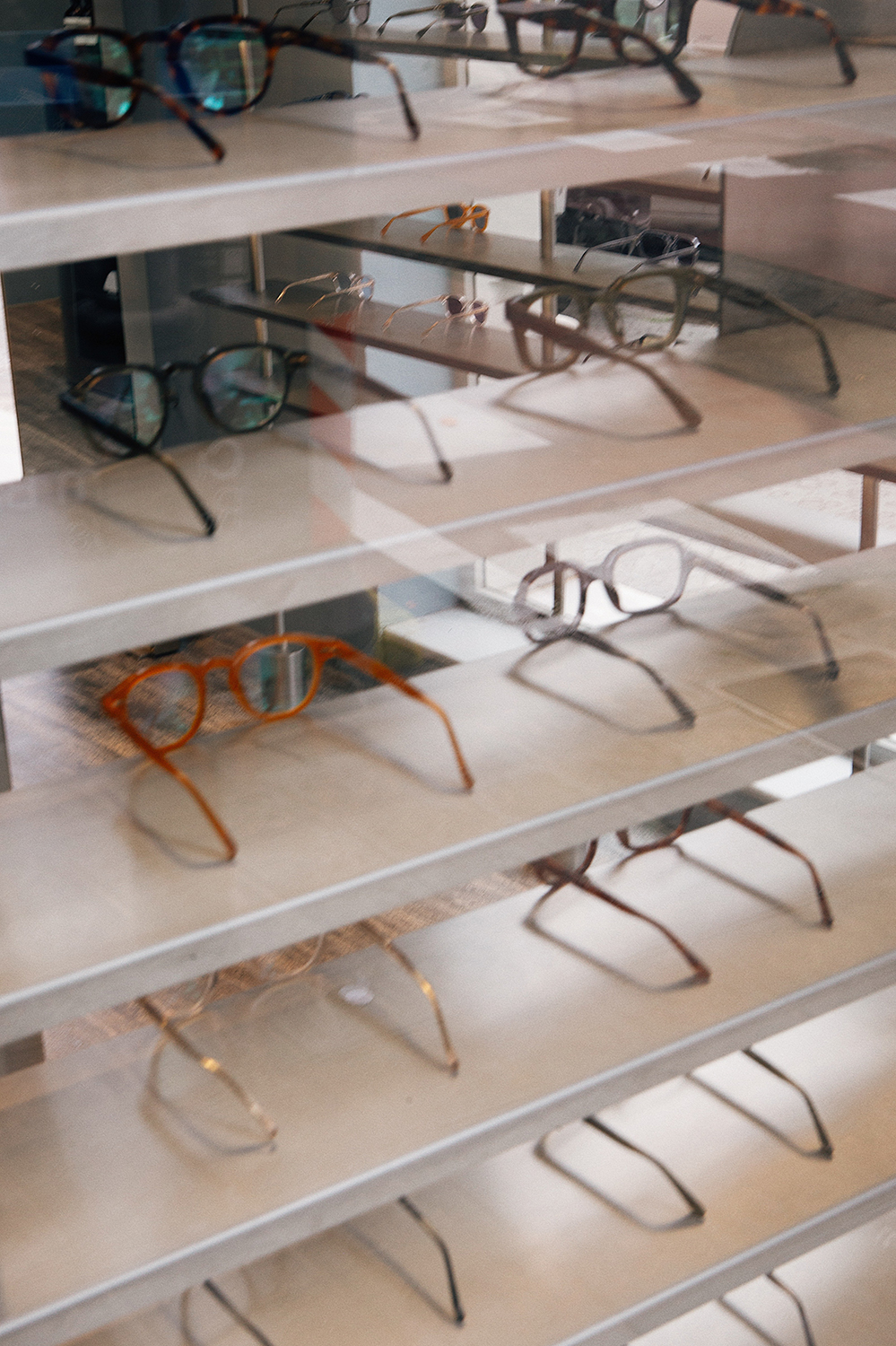The vision test begins and the ophthalmologist turns on the panel hanging on the wall. Everything is prepared: a vision professional and characters floating on it. However, the appropriate distance from which to observe things is not so easy to calculate outside of that space.
Throughout life, our gaze varies around a game of perspectives that brings us emotionally and physically closer or farther away depending on our work, life, and social situation. In our daily lives, this is defined in contrast to the rest. Their gaze and ours result in a meeting point, the appropriate focus for each scenario: with family, at work, with friends, etc.
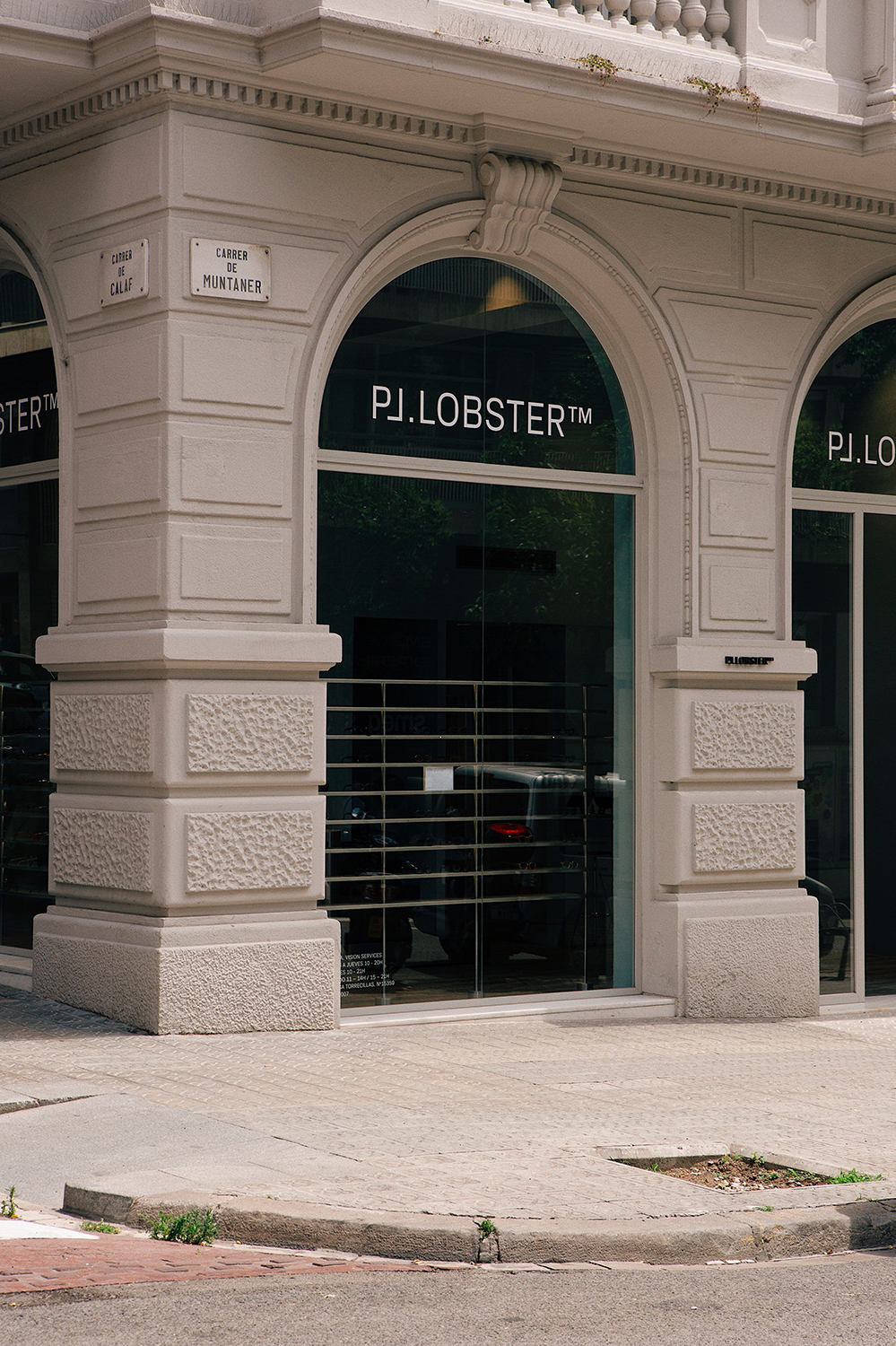
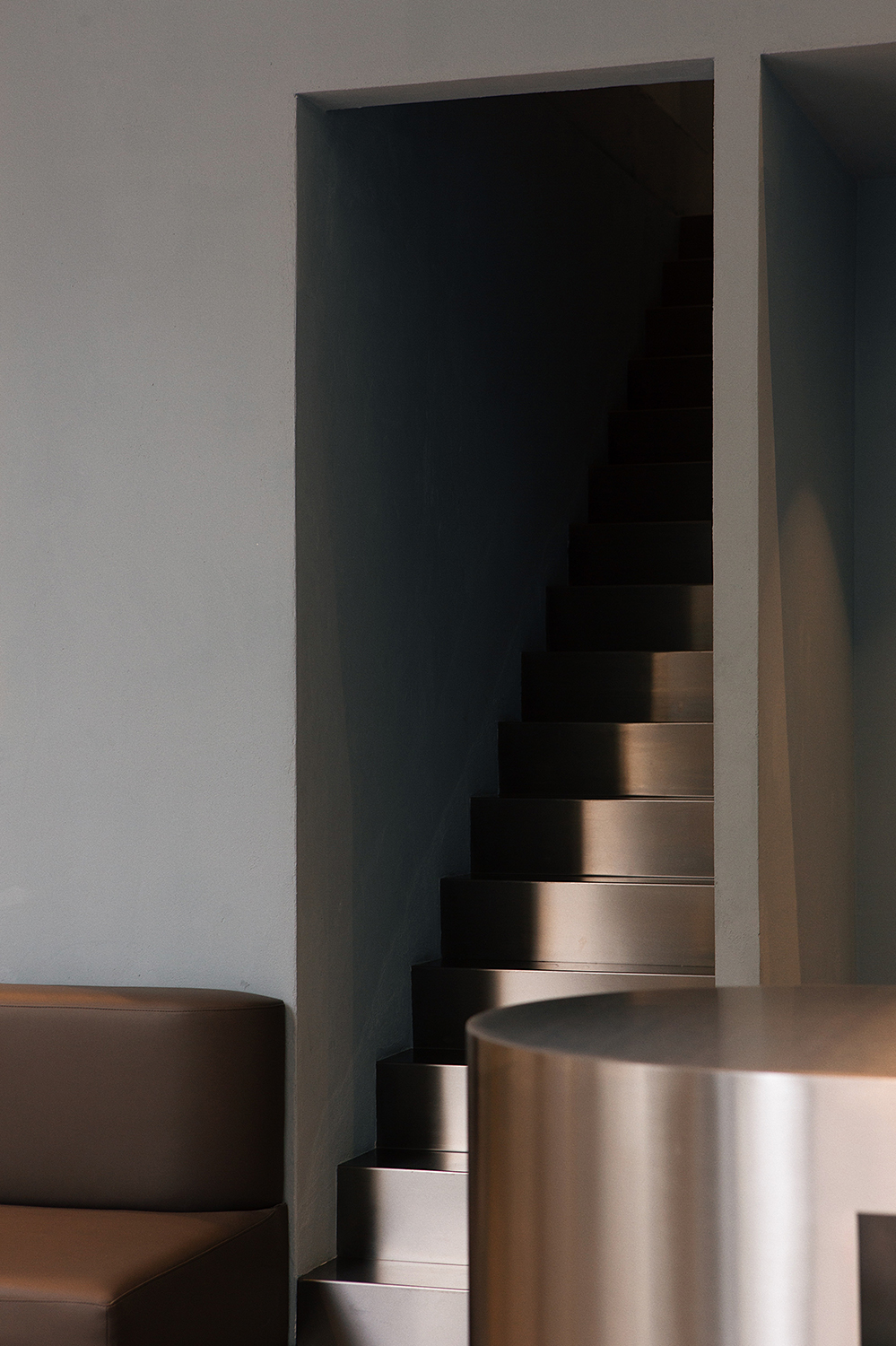
Trained as an economist, Oscar Valledor believed that his approach to the labor market should contain a creative perspective. A lover of design and architecture, interests instilled by his parents from birth—he owes his name to Oscar Niemeyer, he found a way to combine his interests and knowledge in PJ Lobster after finishing his studies. “Design is at the center of the project because it’s ultimately my creative expression. There’s always a bit of distance between my vision and what ends up reaching the client, but in the end, it’s a very sincere proposal.”
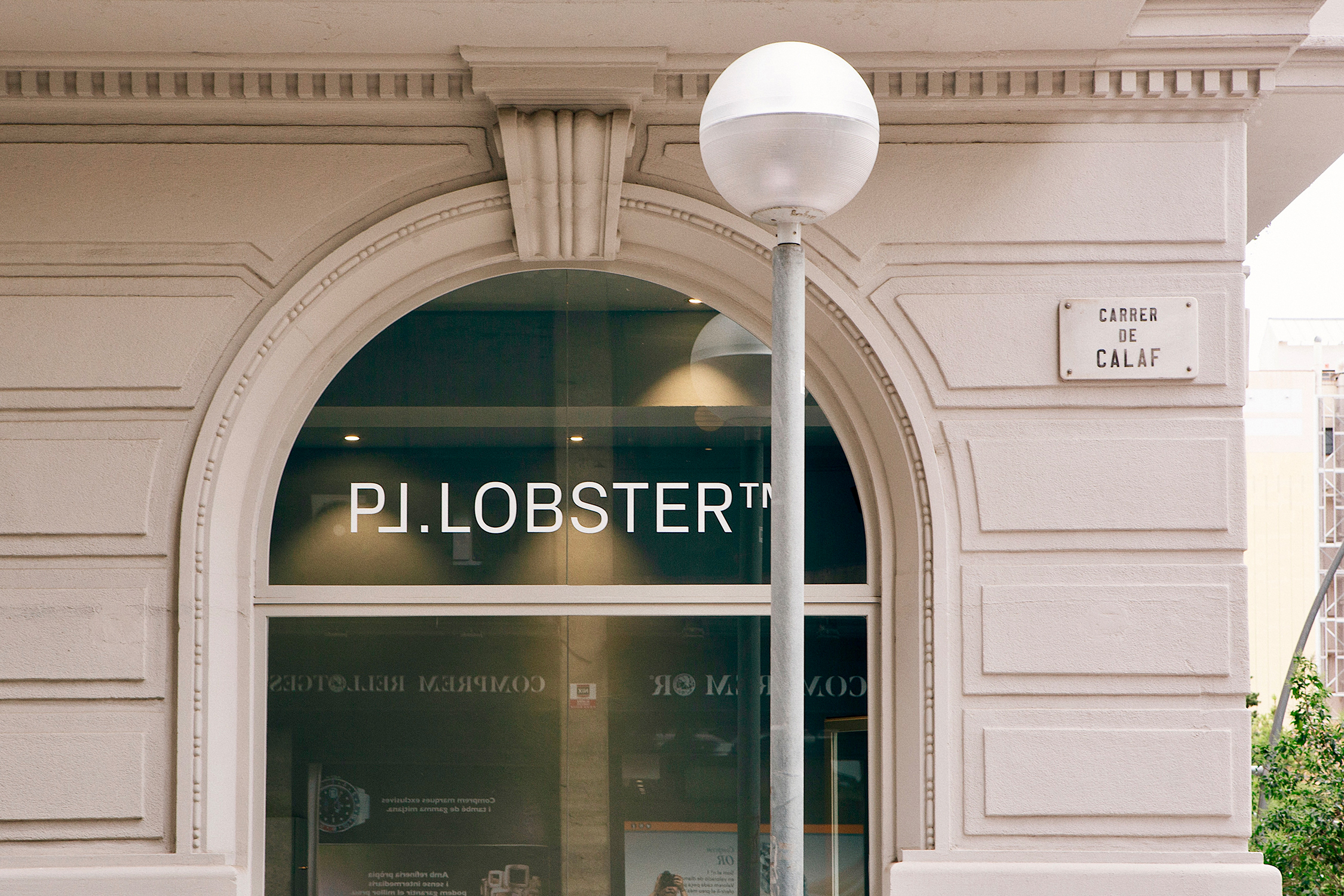
After finishing his degree, on the verge of starting a master’s program to complete his education, Oscar decided to start a business instead of continuing to study: “Without encapsulating any idea or concept too much, I wanted to start a project that would be developed from the ground up.” Along with his partner Daniel, the initial idea was “to set up an online platform where we could operate directly without an optician or rentals.” However, reality set in, which, far from scaring, helped them understand the sector better: “We sold very little online, but we understood that it was because people in Spain don’t know their prescription offhand and because they really value being able to try on the glasses.” That’s when the first PJ Lobster showroom was born in the Born district of Barcelona.
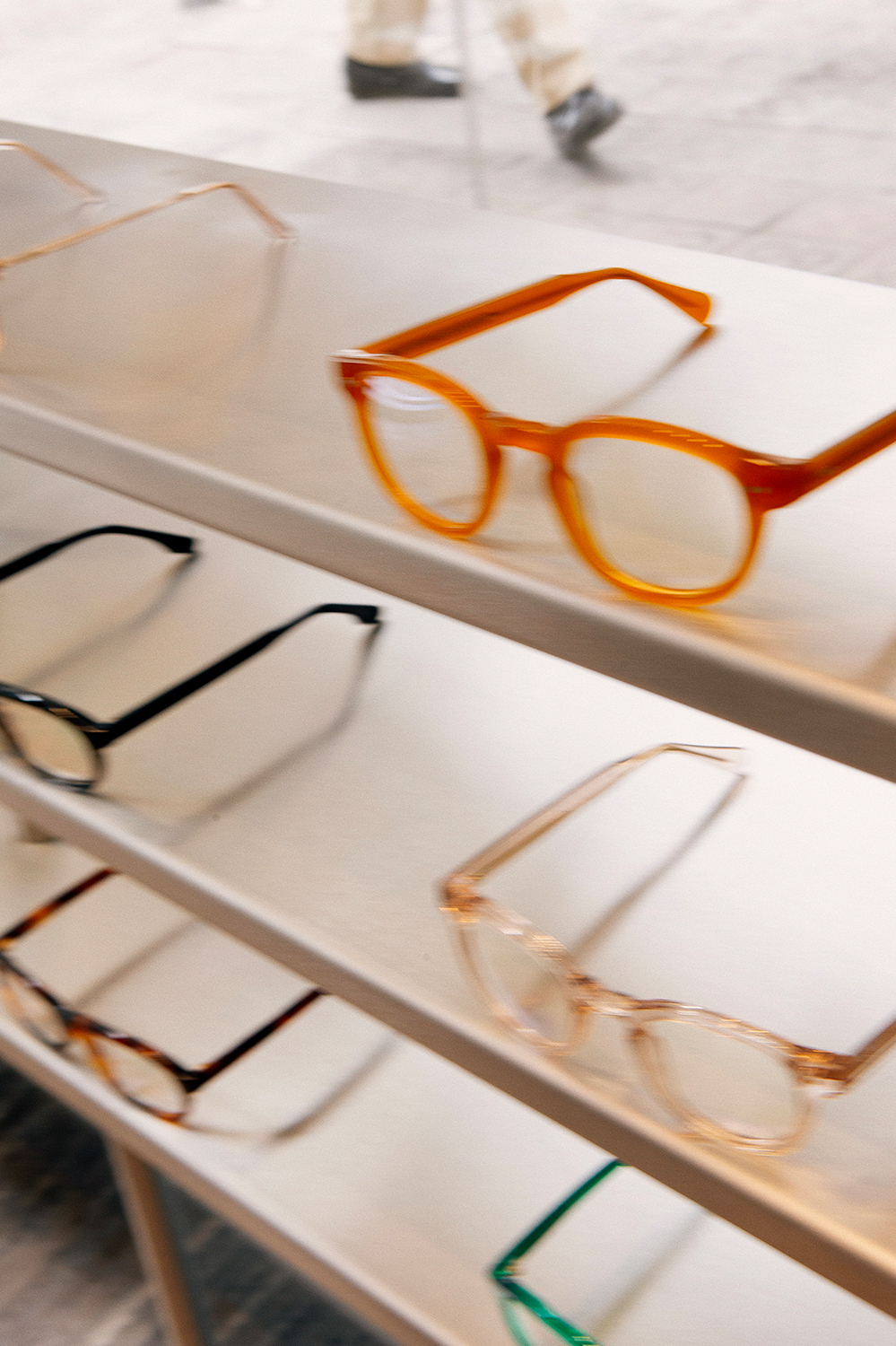
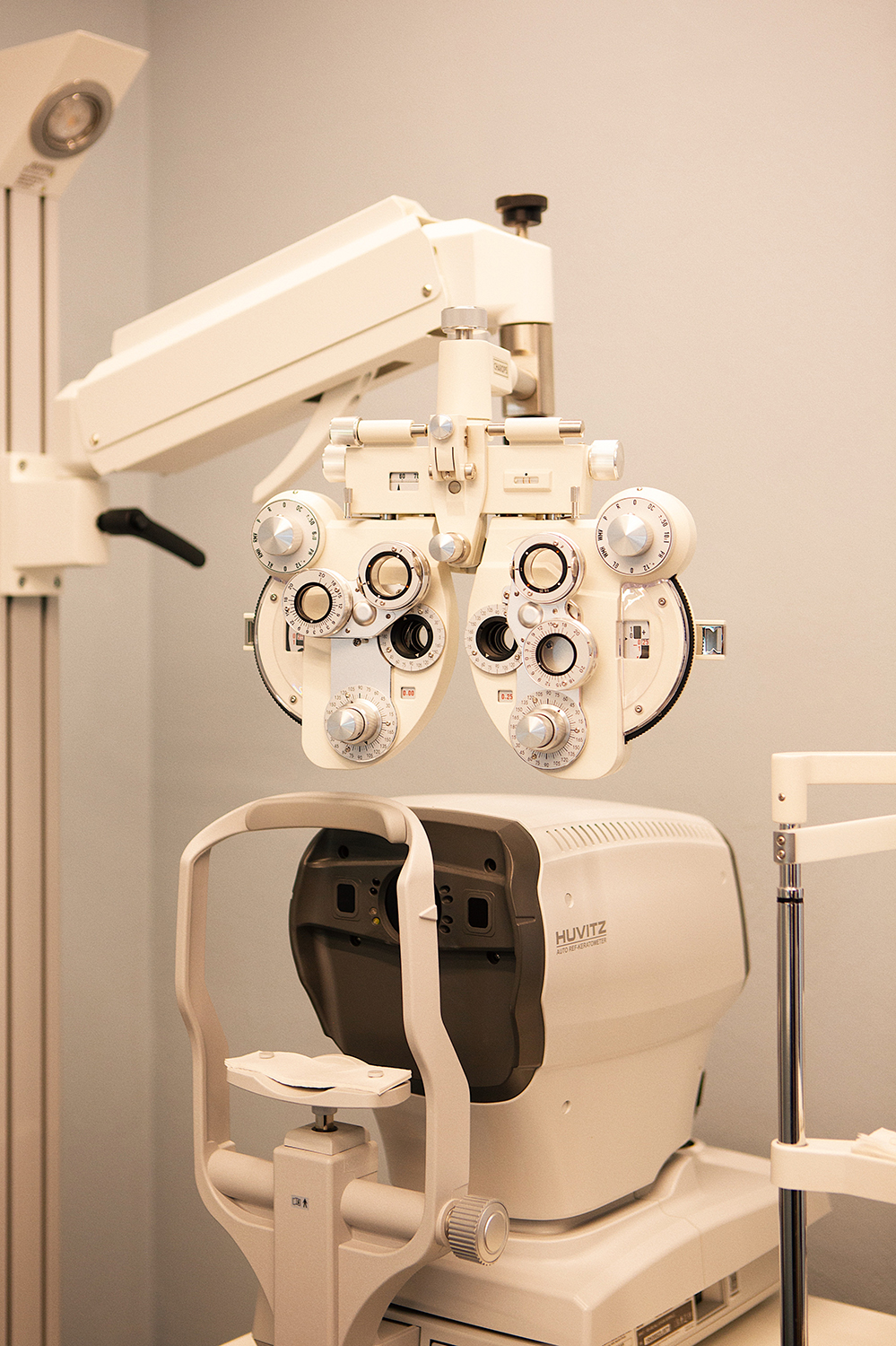
Today, the company has eight spaces (in Barcelona, Madrid, Valencia and Zaragoza) where interior design is as important as the glasses themselves. “Each store is different, but we have to be able to create a common atmosphere in all of them.” Eight years after the company’s inception, Oscar’s enthusiasm for the project remains intact. “Right now I’m young, I just turned 30, and I see myself here for the next ten or fifteen years. As a company, PJ Lobster must focus on what it knows how to do: glasses and spaces. Besides, now we’re designing small furniture, display cabinets for glasses, and lamps made from recycled materials. And we do it because it’s something that truly stimulates us.”
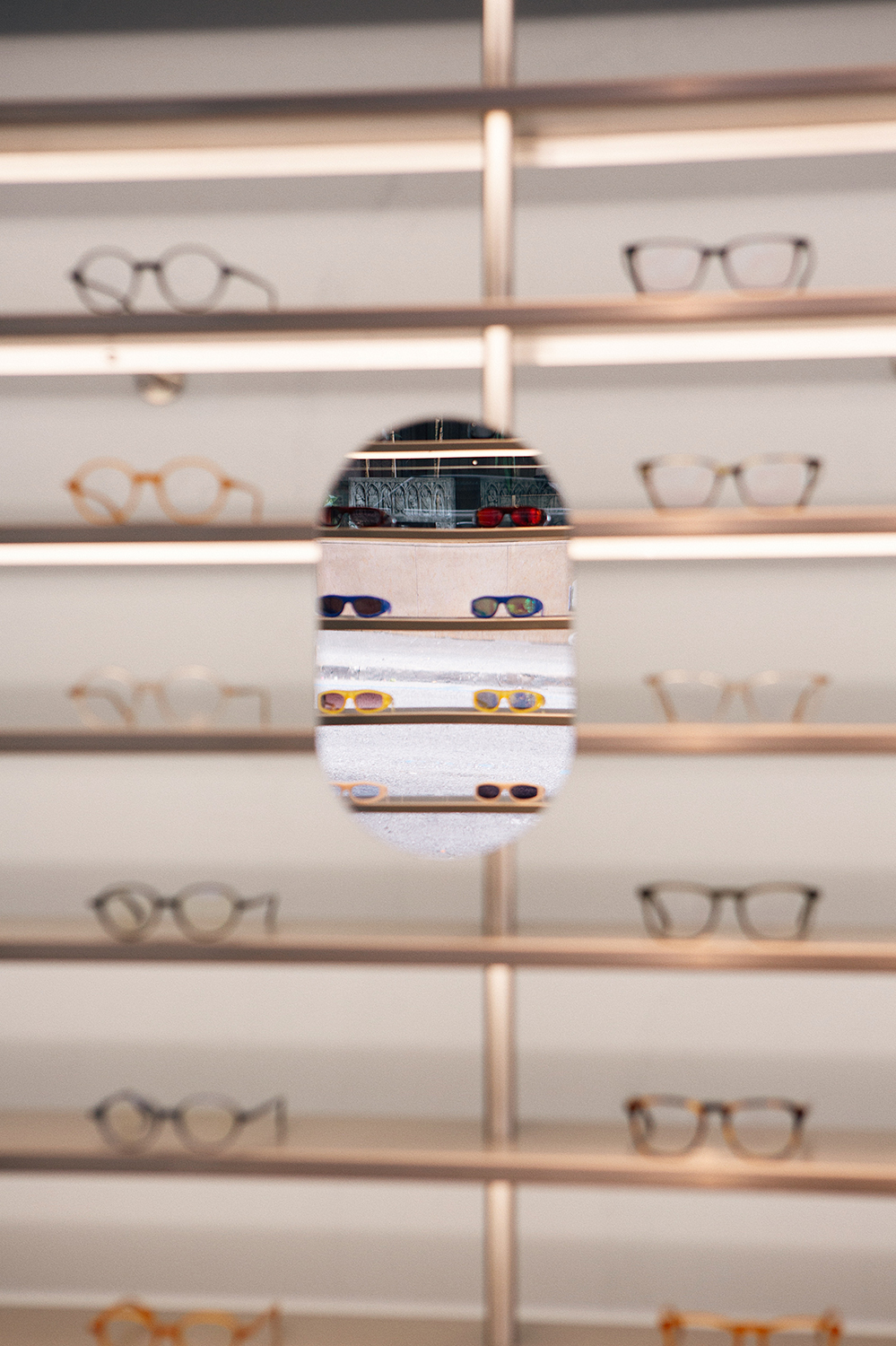
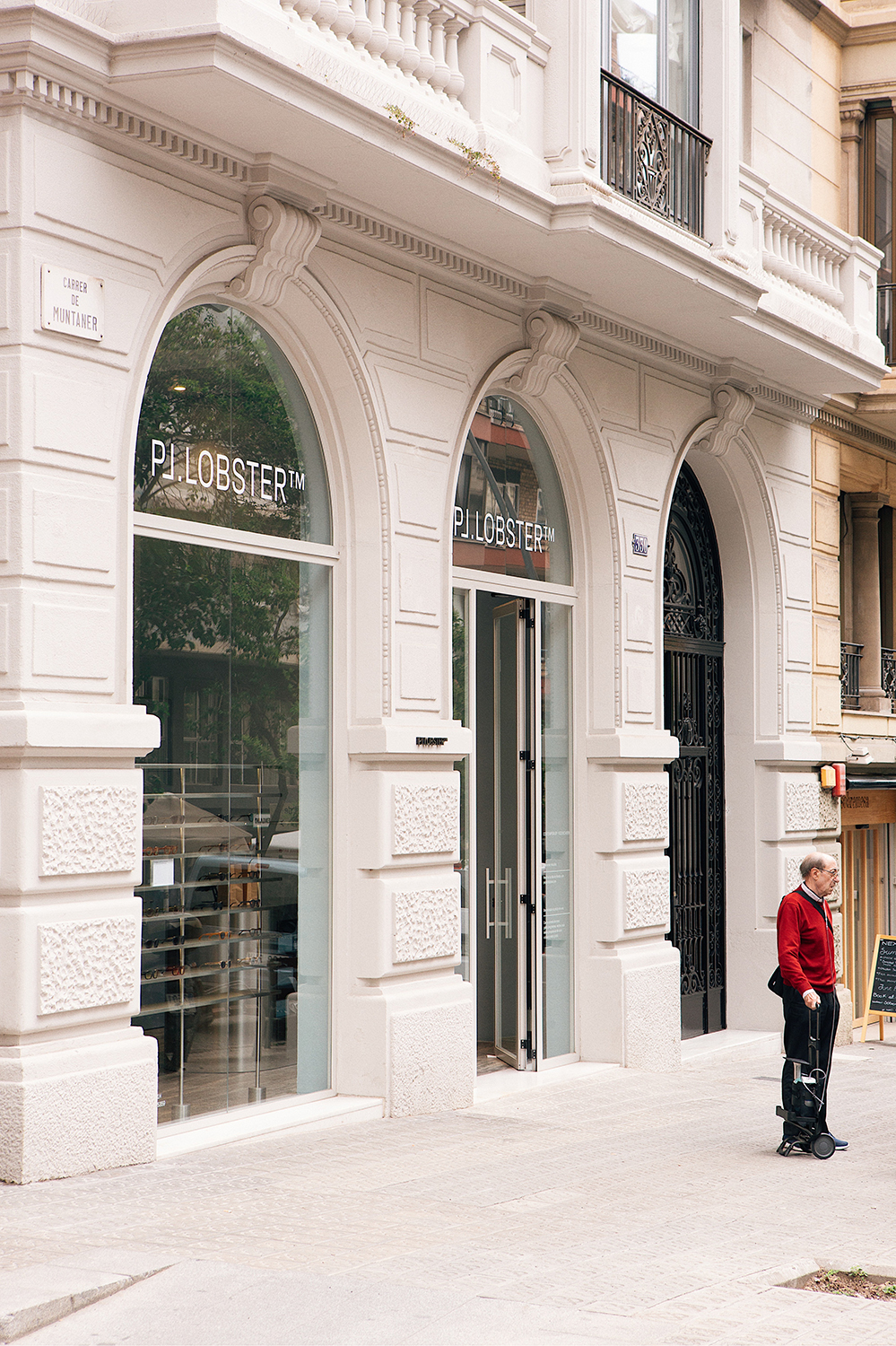
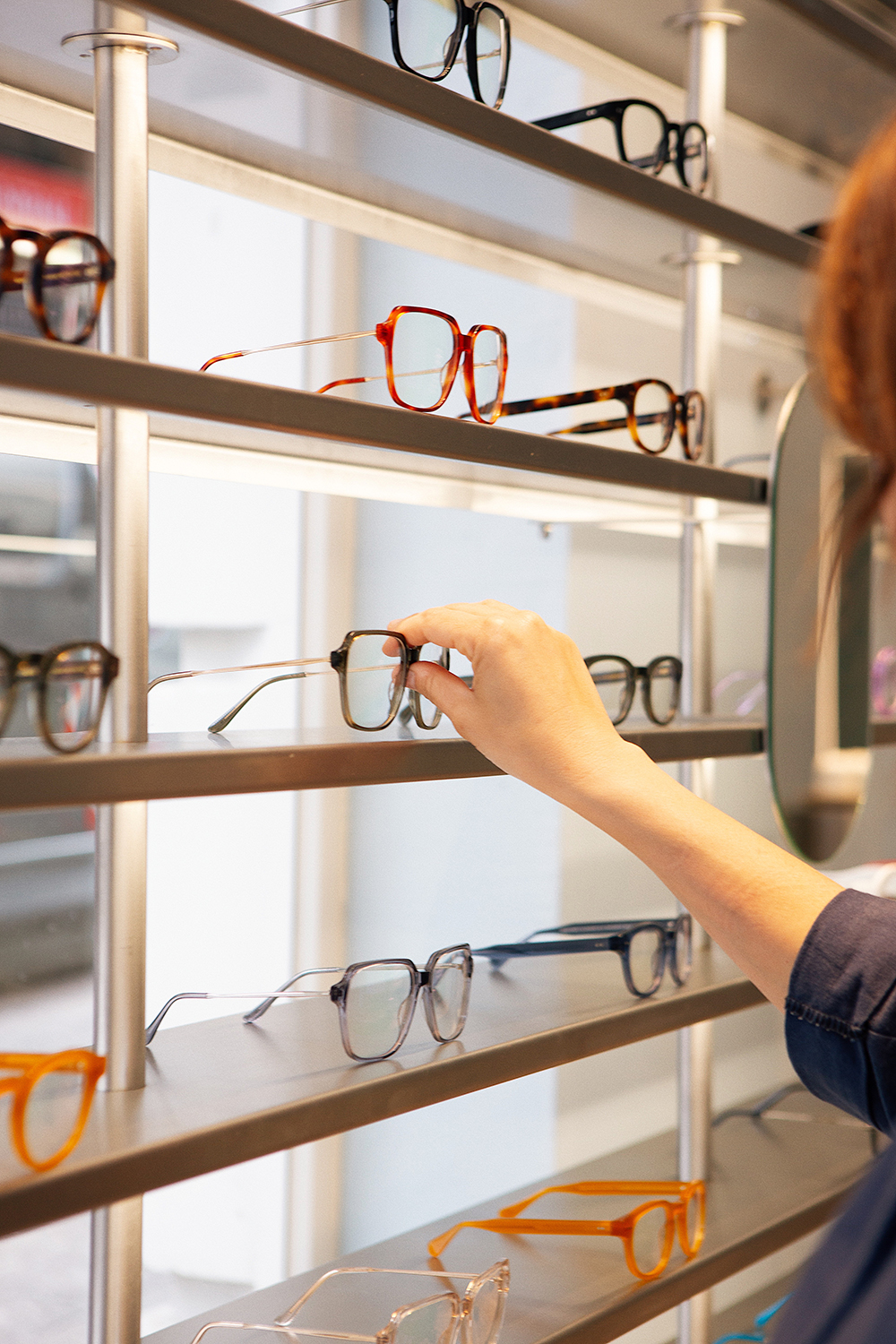
There’s a certain positive stubbornness in his story that I suppose is necessary to start from scratch. “In this company, we’ve encountered very few roadblocks. We’ve always been quite faithful to our vision beyond market trends.” Over the years, Oscar has learned to adjust the lens when the characters on the panel become a bit blurry, along with his partner Daniel. “We’ve known each other since kindergarten, and after all this time working together, our relationship has matured. Now we’re like a well-matched couple. Our relationship is based on commitment and mutual trust.”
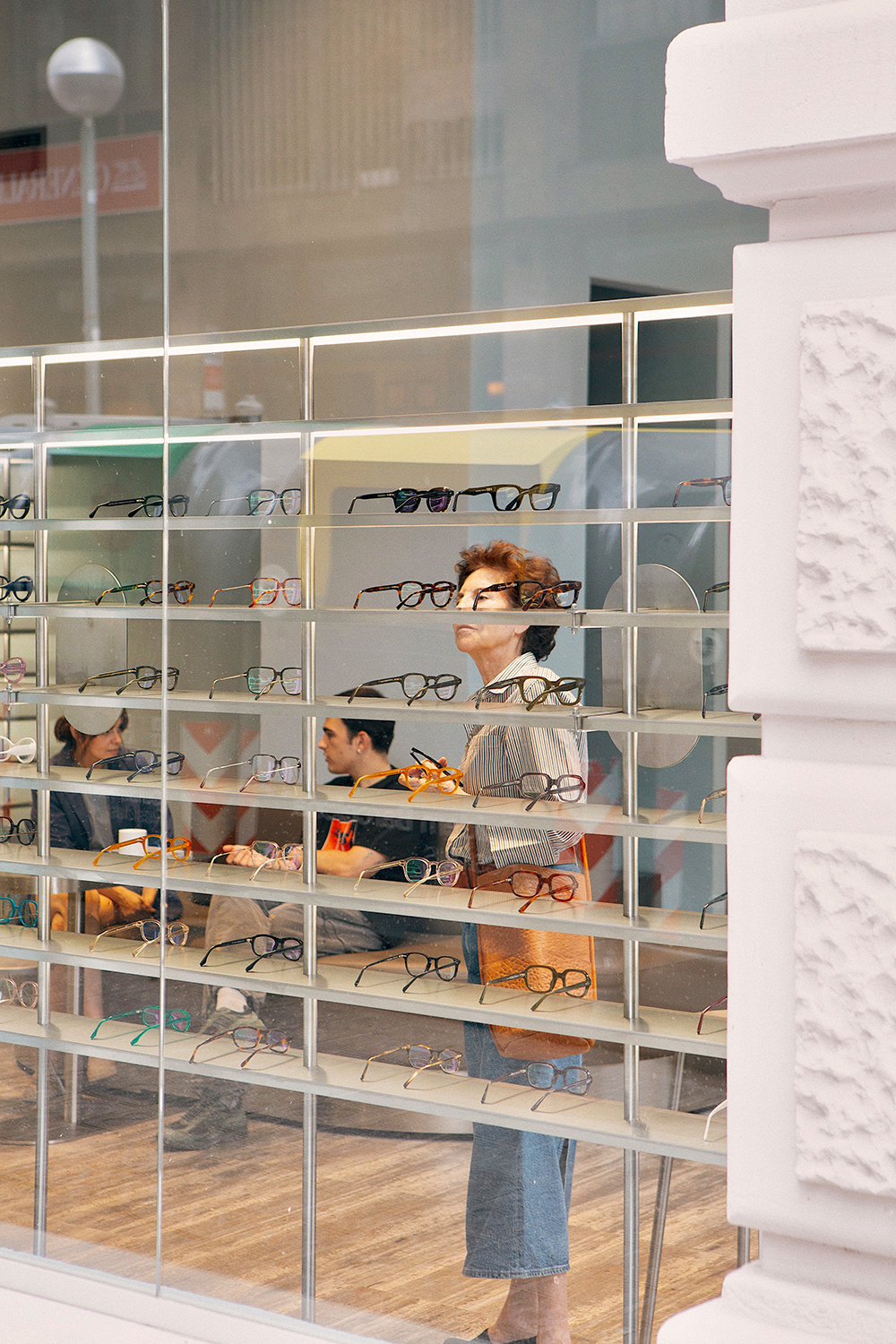
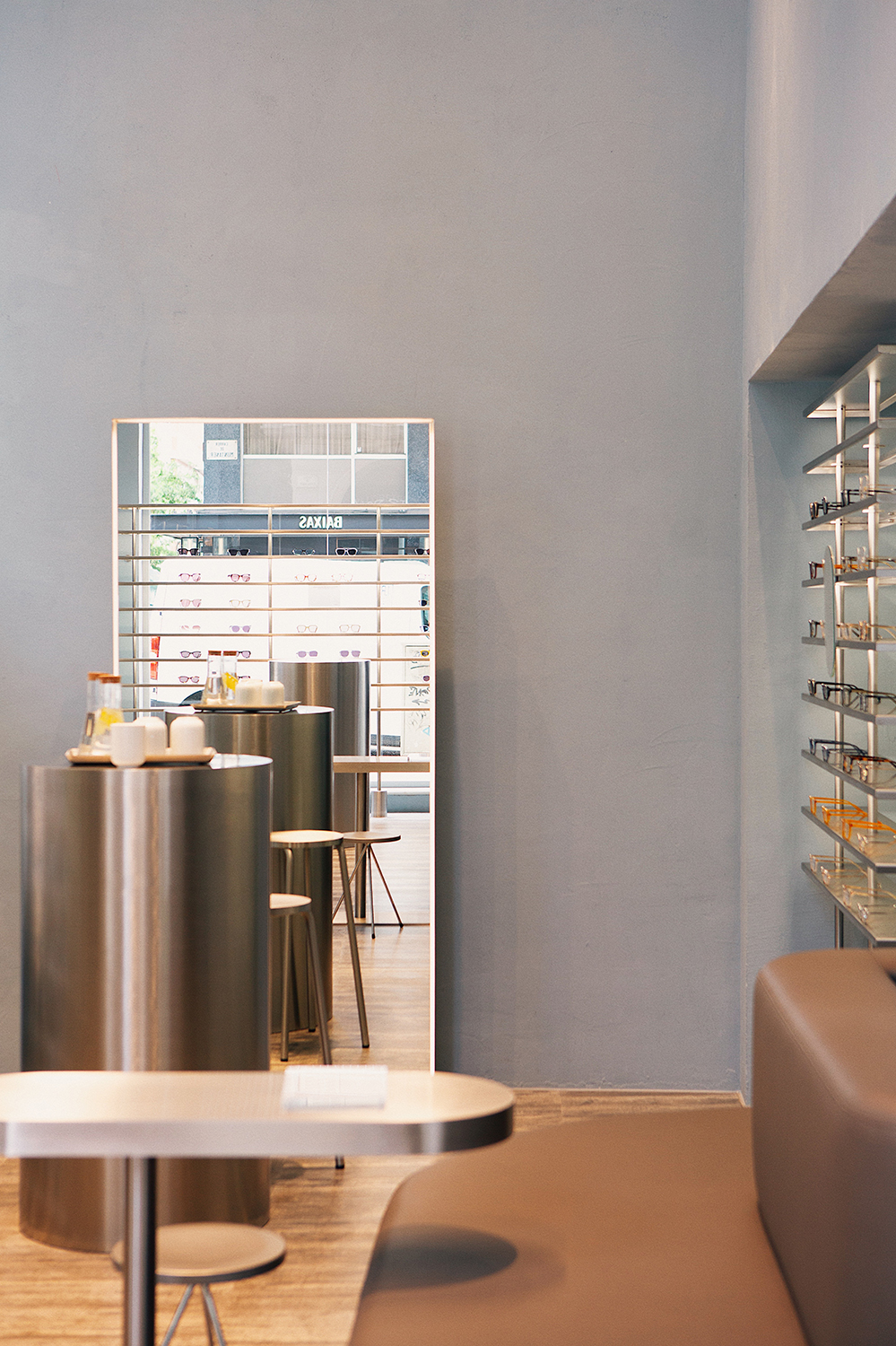
Problem-solving is a motivator, not a deterrent, and the extremely complex world of optics keeps him alert. “A lot happens in the creation of a pair of glasses. From its design to its market arrival, it can take between six and nine months.” He has always been like this, since the beginning when he was shaping models at his parents’ house, hairdryer in hand. “Glasses are ultimately made from a material called acetate, and acetate is essentially cotton fibers. To adjust them for each person, heat must be applied, and at that time, we didn’t even have money for the heater typically used.”
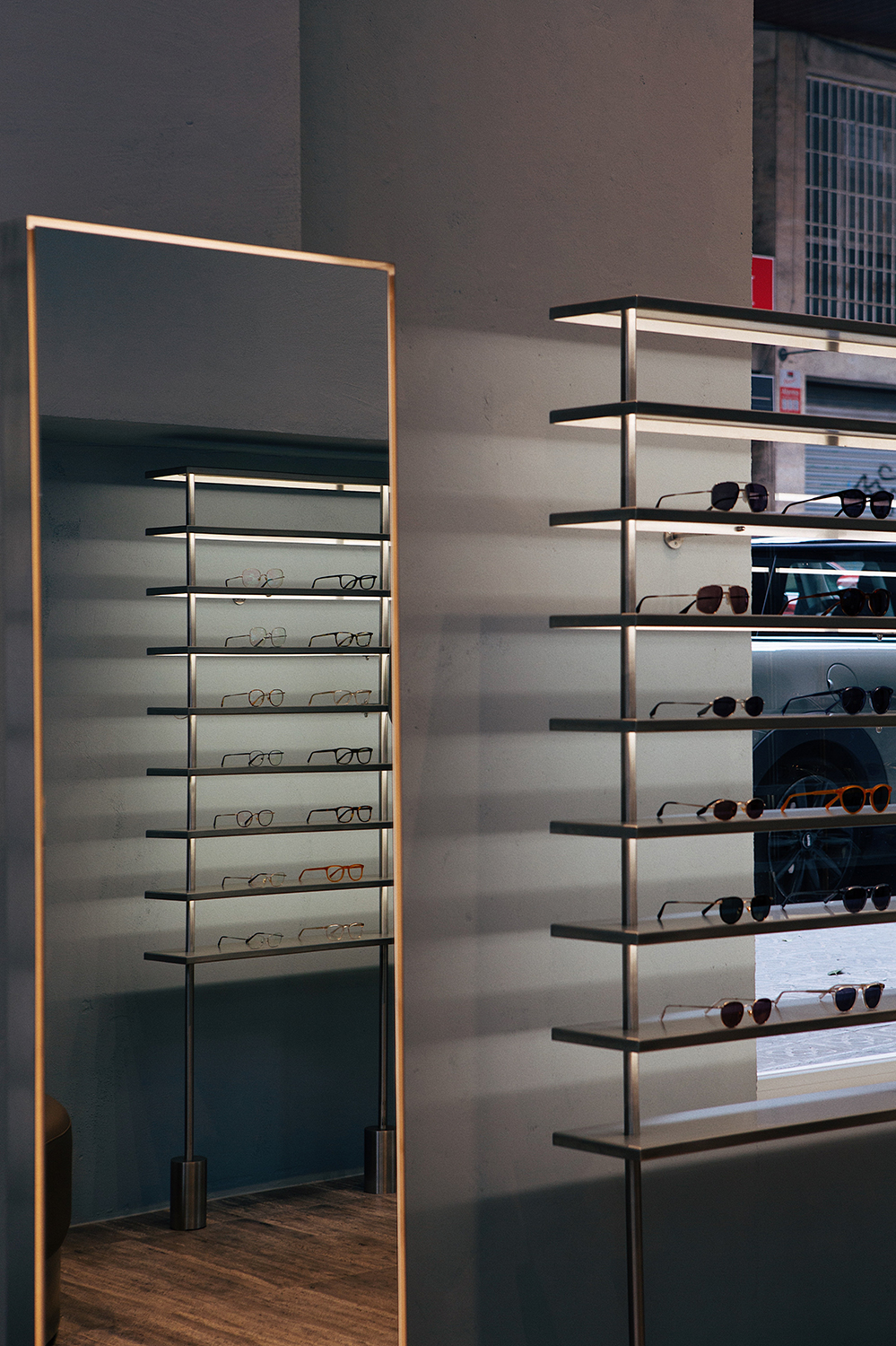
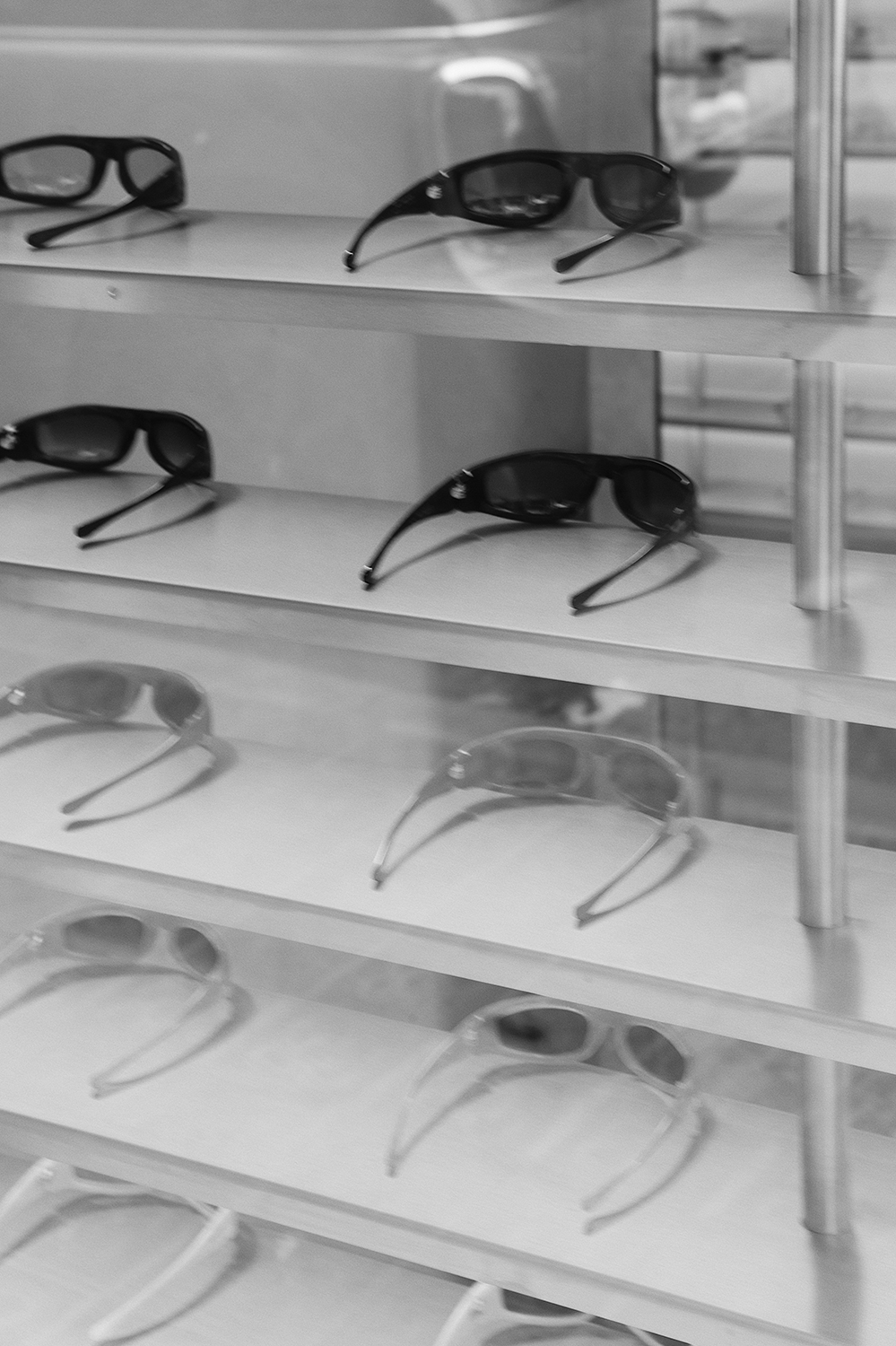
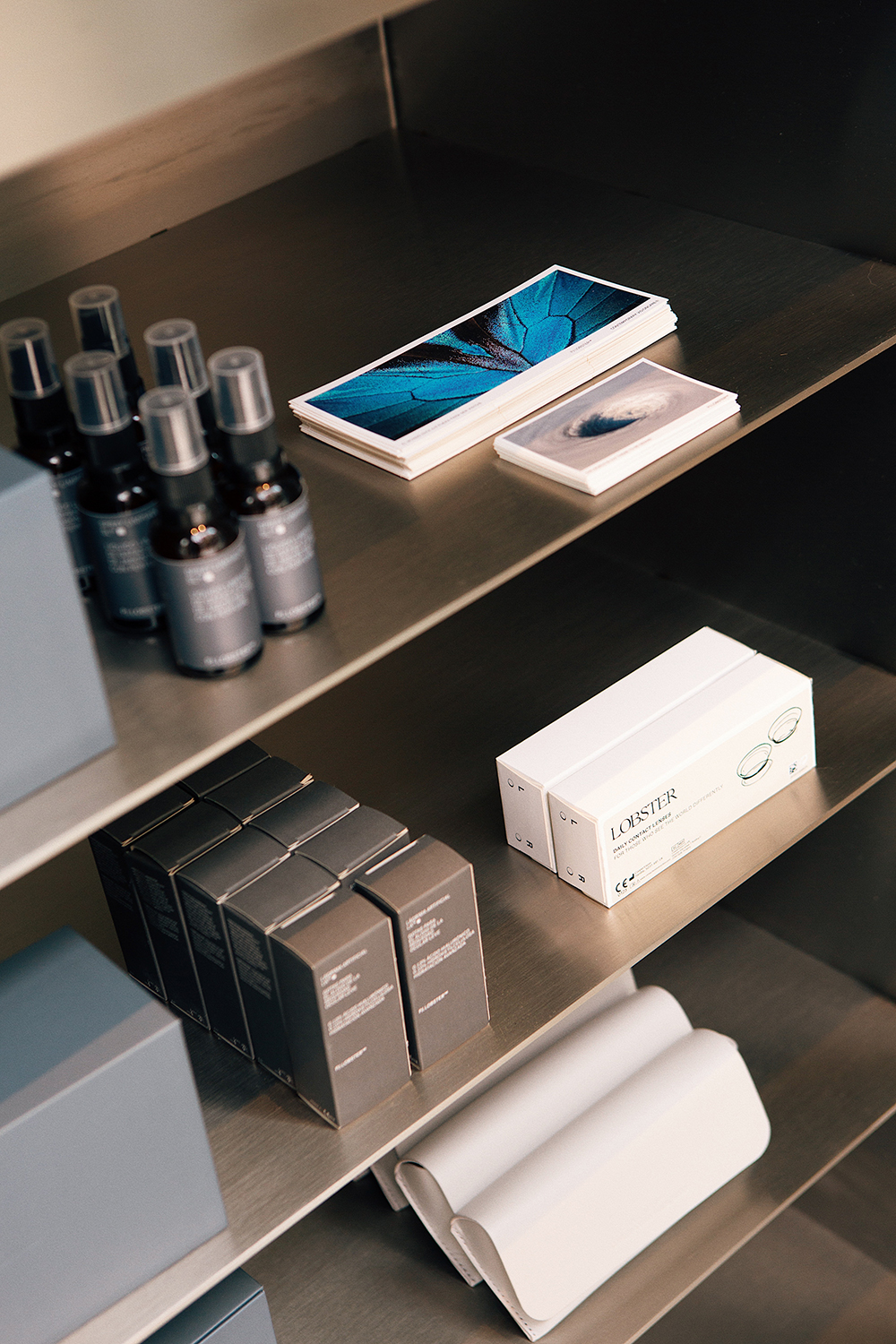
Someone once said there are no return journeys because when we return to the starting point, we are not the same. We may think that everything else has changed, or could be a matter of perspective. Perhaps wearing a bifocal lens is the most accurate way to see the world. Looking at the past and the future, perceiving it as a whole while still capturing the details, the mistakes, the successes, everything spontaneous. Everything that makes PJ Lobster a truly unique project.
